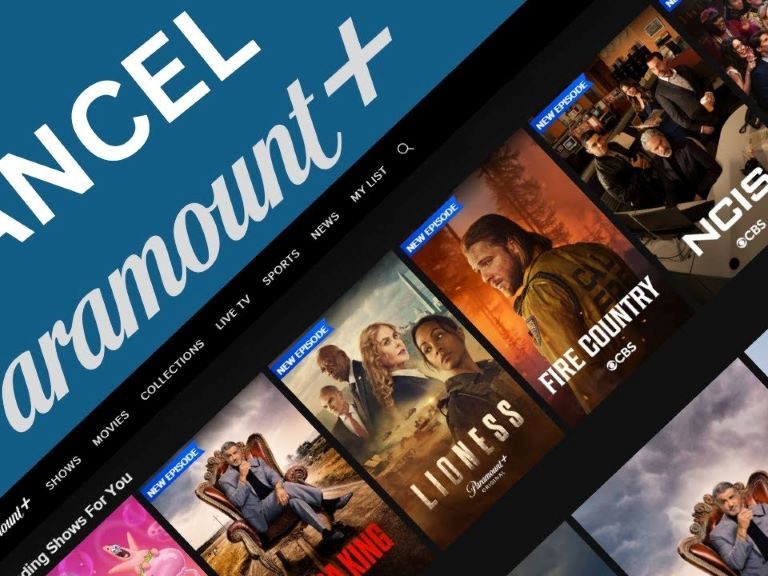Mary Kay Cosmetics has been one of the world’s most recognizable cosmetics companies for several decades. However, many people raise questions about the company’s business model. When people search for information, they often use terms like “mary kay pyramid scheme” to understand whether this is a legitimate business or something they should avoid. According to experts at Communal Business, such business models require thorough investigation before making decisions.
Mary Kay operates through a network of independent beauty consultants who sell products directly to consumers. This system, known as direct selling or network marketing, has both supporters and critics. Therefore, it’s important to understand how the company functions and what distinguishes a legitimate business from a pyramid scheme.
To get a thorough analysis of whether mary kay pyramid scheme concerns are justified, we must examine several aspects of the company’s structure. This includes their compensation plan, product quality, and how revenue is actually generated.
What Is Mary Kay Cosmetics?
Mary Kay was founded in 1963 by Mary Kay Ash in Dallas, Texas. The company has since grown to become a global player in the cosmetics industry. They operate in over 35 countries and have millions of independent beauty consultants worldwide.
The company’s business model is based on direct sales through personal relationships. Consultants purchase products at wholesale prices and resell them to their customers. Additionally, they can recruit other consultants and earn commissions on their sales.
Mary Kay markets itself as an opportunity for women to start their own business with low startup capital. They offer training, marketing materials, and support to their consultants. However, success requires significant effort and sales talent.
Pyramid Scheme vs. Legitimate MLM: What’s the Difference?
To assess whether Mary Kay is a scam, we must first understand the difference between pyramid schemes and legitimate multi-level marketing (MLM) companies. This distinction is crucial for making an informed assessment.
A pyramid scheme focuses primarily on recruiting new members rather than selling actual products. Participants earn money mainly by recruiting others, not through product sales. Eventually, the system collapses because it cannot grow indefinitely.
Legitimate MLM companies, on the other hand, have real products with commercial value. The majority of income comes from actual product sales to customers outside the organization. Recruitment is a secondary income source, not the primary one.
Mary Kay has physical products such as cosmetics, skincare products, and perfumes. These products are sold to actual customers and have established market value. Therefore, the company cannot be classified as a pure pyramid scheme in the traditional sense.
Criticism and Concerns Around Mary Kay
Despite having real products, Mary Kay has faced significant criticism over the years. Many former consultants have shared negative experiences that raise important questions about the business model.
A major concern is the pressure to maintain minimum purchases to remain an active consultant. This can lead to consultants accumulating large inventories they cannot sell. Consequently, they may end up losing money instead of earning it.
The recruitment focus is another criticism. Many consultants report being encouraged to focus more on recruiting new members than on product sales. This can create dynamics similar to a pyramid structure, even though products are involved.
Income disclosure statements from Mary Kay show that the vast majority of consultants earn very little. Statistics indicate that less than 1% of consultants achieve significant income. This raises questions about the realism of the company’s income promises.
Advantages of the Mary Kay Business Model
Despite the criticism, Mary Kay also has many positive aspects that make it attractive to certain people. Understanding both advantages and disadvantages is essential for making a balanced decision.
Mary Kay offers flexibility that many traditional jobs cannot match. Consultants can work when they want and from where they want. This flexibility is especially valuable for mothers or people with other commitments.
Mary Kay’s product quality is generally high and has loyal customers. Many people buy the products because they genuinely like them, not just to support a consultant. This creates a foundation for genuine product sales.
The training programs and support systems can be valuable for personal development. Participants learn sales skills, communication, and entrepreneurship that can be useful in other contexts.
Recognition programs and incentives can motivate and build confidence. Mary Kay is known for its pink Cadillac rewards and other luxury rewards for top performers.
Economic Realities for Mary Kay Consultants
The economic reality for Mary Kay consultants is complex and varies dramatically. Most people who join have unrealistic expectations about potential earnings.
According to Mary Kay’s own figures, the average consultant earns only a few hundred dollars per year. However, this figure can be misleading because it includes many part-time consultants and inactive members.
Startup costs are relatively low compared to traditional businesses. Basic starter kits usually cost between $100-200. But to be serious, consultants must invest significantly more in inventory and marketing.
The time required to build a profitable Mary Kay business is often underestimated. Successful consultants report working many hours per week, often without pay initially. Therefore, it’s not the “easy” business that is often marketed.
Legal and Regulatory Perspectives
From a legal standpoint, Mary Kay operates within the law in most jurisdictions. The company has existed for over 60 years and is publicly traded, indicating regulatory acceptance.
The Federal Trade Commission (FTC) in the United States has guidelines for distinguishing between legitimate MLM companies and pyramid schemes. Mary Kay technically meets these requirements by having real products and focusing on retail sales.
However, regulatory environments are changing. Several countries have tightened rules for MLM companies, and some have banned certain practices. This may affect how Mary Kay operates in the future.
Legal challenges have arisen sporadically, but Mary Kay has generally navigated these issues without major consequences. Their long history and established presence give them legal stability.
Alternatives to Mary Kay
For people considering Mary Kay, there are several alternatives that may be more suitable depending on goals and circumstances.
Traditional cosmetics sales through retail or e-commerce can be more predictable. Online platforms like Amazon or personal websites provide control without MLM complexities.
Other direct sales companies in various industries may offer better compensation plans or products. Research of multiple alternatives is recommended before committing.
Freelance cosmetics services as a makeup artist or beauty therapist can provide more direct income. These careers require specialized training but offer professional legitimacy.
Starting a completely independent cosmetics business provides maximum control but requires significant capital and business knowledge. This alternative suits experienced entrepreneurs.
Read More Also: Allergy-Safe Buffet Party: Kid-Friendly Party Food
Conclusion
Mary Kay Cosmetics finds itself in a gray area between legitimate business and problematic MLM structure. While the company is not a pure pyramid scheme due to its real products, the business model has significant challenges that potential consultants must understand.
The economic realities show that very few people achieve significant success with Mary Kay. Most participants earn minimal amounts or lose money. Therefore, the decision to become a Mary Kay consultant should be made with realistic expectations.
For people considering this opportunity, thorough research and honest assessment of one’s situation is recommended. Consider the alternatives and be aware of both potential benefits and risks before making a decision.
Read More Also: How to Get Back on Your Board After Wiping Out Like a Pro
Frequently Asked Questions (FAQ)
Is Mary Kay a legitimate business or scam?
Mary Kay is technically a legitimate business with real products, but has an MLM structure that can be problematic for many participants. It’s not a traditional pyramid scheme, b
How much money can you make as a Mary Kay consultant?
According to the company’s own figures, the average consultant earns only a few hundred dollars annually. Less than 1% of consultants achieve significant income. Success requires extraordinary effort and sales talent.
What does it cost to start as a Mary Kay consultant?
Basic starter kits usually cost $100-200, but to be seriously competitive, you must invest significantly more in inventory, marketing materials, and training.
Do I have to recruit others to make money with Mary Kay?
No, it’s possible to earn money solely through product sales, but recruitment significantly increases income potential. Many consultants feel pressure to focus on recruitment to maximize earnings.
Are Mary Kay products of good quality?
Mary Kay products are generally of acceptable quality and have loyal customers. However, they are often more expensive than comparable products in stores due to the MLM structure’s multiple commission layers.













+ There are no comments
Add yours